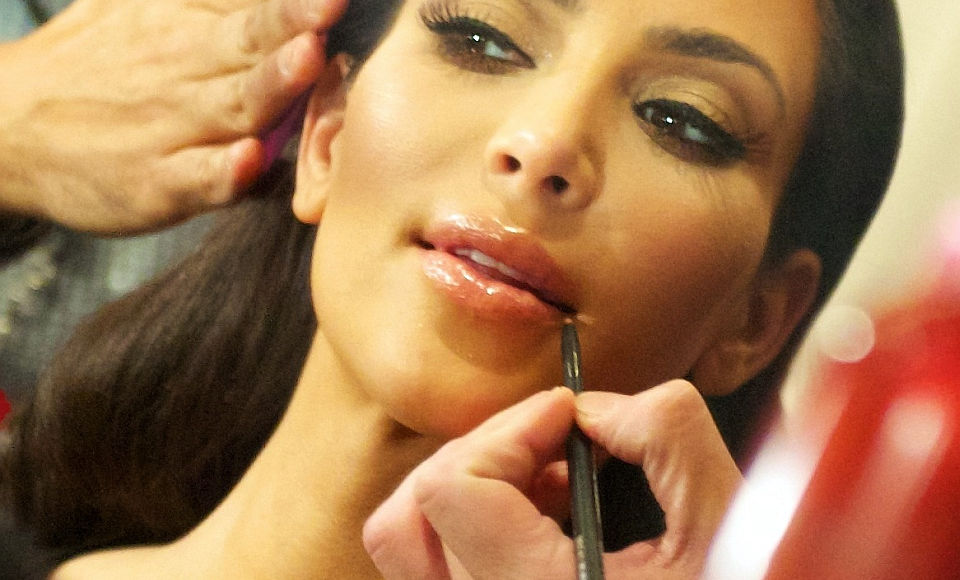Kim K’s topless selfie: this is vanity, not feminism
Identity politics has politicised attention-seeking.

A couple of months ago, when selfie-obsessed sleb Kim Kardashian posted a completely nude picture of herself to social media, the internet, unsurprisingly, blew up. As is par for the course with anything the Kardashians do, the snapshot drew as much disapproval as it did praise.
The most high-profile critique came from Piers Morgan, who said that Kardashian seemed ‘desperate’ and that he ‘found it all a bit depressing’, because she is ’35 now, and the mother of two very young children’.
With dreary predictability, his remarks were seized upon by the feminist morality police on Twitter who accused the Daily Mail columnist of (yawn) ‘misogyny’ before spewing the usual her body, her rules, blah, blah, blah.
Morgan even engaged in a Twitter back-and-forth with the actress Emily Ratajkowski, of ‘Blurred Lines’ fame, who described criticism of the selfie as ‘sexist bullshit’. In an apparent show of solidarity with Kardashian, Ratajkowski later posed with her in another selfie, in which the two women stood topless in front of a mirror, sticking their middle fingers up to the camera. In an interview with the Evening Standard, Ratajkowski tried to present the joint selfie as a feminist statement about ‘women need[ing] to have a space to be sexual’.
If the photo really was about feminism, I’m not sure the breast-baring duo communicated that particularly well. It seemed more like a weak attempt to ennoble a self-serving act by presenting it as a defiant political statement. Let’s face it: courting controversy is Kardashian’s bread and butter. Her family has made a considerable fortune doing so. I don’t think the negative attention she received for her original selfie would have been terra incognita for her.
Also, in what world is Kim Kardashian or Emily Ratajkowski denied the ‘space to be sexual’? Do they live in a society in which female sexuality is suppressed by law or social custom? I don’t think so. What’s more, these two are famous for their considerable sex appeal. That doesn’t mean that they are objectifying themselves and doing the ‘patriarchy’s work for them’, as some feminist critics have suggested. Rather, it’s that their feminine beauty is celebrated in our culture, not forcibly concealed.
Women in Iran who remove their hijabs in public are making a genuine political statement because their actions challenge a very real power structure that tries to control their sexuality. They face severe punishment for doing so. It is a far cry from uploading racy photographs to social media and receiving a few snippy comments in return.
This is what the inherent narcissism of identity politics leads to. Actions become significant, not by virtue of the actual meaningful content of the act, but purely because of the identity of the person who performs it. It is not important what they do, but that they are the ones doing it. You see this with the lauding of female CEOs, female writers, etc.
I am all for big political statements. Publishing an interesting image or observation to social media can generate an edifying discussion about an important issue. But in order to achieve real change, one must be doing something that is comprehensible to other people and that speaks to their real-life experiences. It can’t make sense only to the person performing the act or serve their purposes alone. Such an act is not political, it’s just plain vain.
Candice Holdsworth is the founder and editor of Imagine Athena.
To enquire about republishing spiked’s content, a right to reply or to request a correction, please contact the managing editor, Viv Regan.







Comments
Want to join the conversation?
Only spiked supporters and patrons, who donate regularly to us, can comment on our articles.